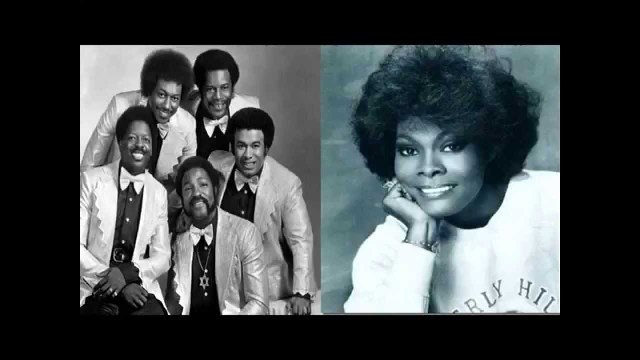
As I’ve described, soul music/rhythm and blues/et al. has been described by many different names. Here’s the Harlem Hit Parade of 1944.
I noticed a couple of interesting features. Most of the performers we would now consider jazz musicians. Also, some of the songs crossed over to the pop or country charts; the ones that hit #1 are designated with a P or C followed by a number for the number of weeks at #1 on the applicable chart.
Into Each Life Some Rain Must Fall – Ink Spots and Ella Fitzgerald, 11 weeks at #1 (P-2)
Straighten Up And Fly Right – The King Cole Trio, 10 weeks at #1 (C-6). I DO so love this song.
Do Nothin’ Till You Hear From Me – Duke Ellington and His Famous Orchestra, eight weeks at #1. Instrumental. Trumpet solo by Cootie Williams.
G.I. Jive – Louis Jordan and His Tympany Five, six weeks at #1, written by Johnny Mercer (P-2)
Hamp’s Boogie Woogie – Lionel Hampton and His Orchestra – six weeks at #1, unsurprisingly co-written by Hampton
Gee, Baby, Ain’t I Good To You – The King Cole Trio, four weeks at #1
Main Stem – Duke Ellington and His Famous Orchestra, four weeks at #1. Recorded in 1942. “After sitting on the shelf for well over a year, this track was finally released by Victor in early 1944 during the Recording Ban
I’m Lost – Benny Carter and His Orchestra, vocals by DickGray, two weeks at #1
A single week at #1
Ration Blues – Louis Jordan and His Tympany Five (C-1)
G.I. Jive – Johnny Mercer with Paul Weston and His Orchestra
Solo Flight – Benny Goodman and his Orchestra, featuring Charlie Christian on guitar, written by Christian, Goodman, and James Mundy
When My Man Comes Home – Buddy Johnson And His Band, vocals. by Ella Johnson. ‘
Till Then – Mills Brothers
The strike
I suppose I should mention the 1942 recording ban which didn’t end until November 11, 1944. Per Wikipedia: “On August 1, 1942, the American Federation of Musicians, at the instigation of union president James C. Petrillo, began a strike against the major American record companies because of disagreements over royalty payments. Beginning on midnight, July 31, 1942, no union musician could make commercial recordings for any commercial record company. That meant that a union musician was allowed to participate on radio programs and other kinds of musical entertainment, but not in a recording session. The 1942–1944 musicians’ strike remains the longest strike in entertainment history.”
From Jacobin: “Demanding a bigger cut of the profits created by new recording technologies, the AFM’s roughly 136,000 members refused to produce any recordings for two full years. And they won. Following the ‘recording ban’ …, the AFM secured contracts with over six hundred record labels that required each company to cough up a royalty fee for every record sold. The royalty fund was then used to pay musicians across the United States and Canada to perform free public concerts. For decades, the union-controlled fund was the largest employer of musicians in the country.”
From the University of Maryland: “By 1943, then-smaller record labels such as Capitol and Decca had reached settlements with the AFM but RCA Victor and Columbia continued to hold out. The back-and-forth grew so contentious that the case went before the National Labor Relations Board and moved President Franklin D. Roosevelt to write the AFM pleading ‘what you regard as your loss will be your country’s gain.'”

 I was asked to describe the difference between soul music and rhythm and blues. Paraphrasing Potter Stewart, I know it when I hear it. But I indeed could not define it.
I was asked to describe the difference between soul music and rhythm and blues. Paraphrasing Potter Stewart, I know it when I hear it. But I indeed could not define it.


